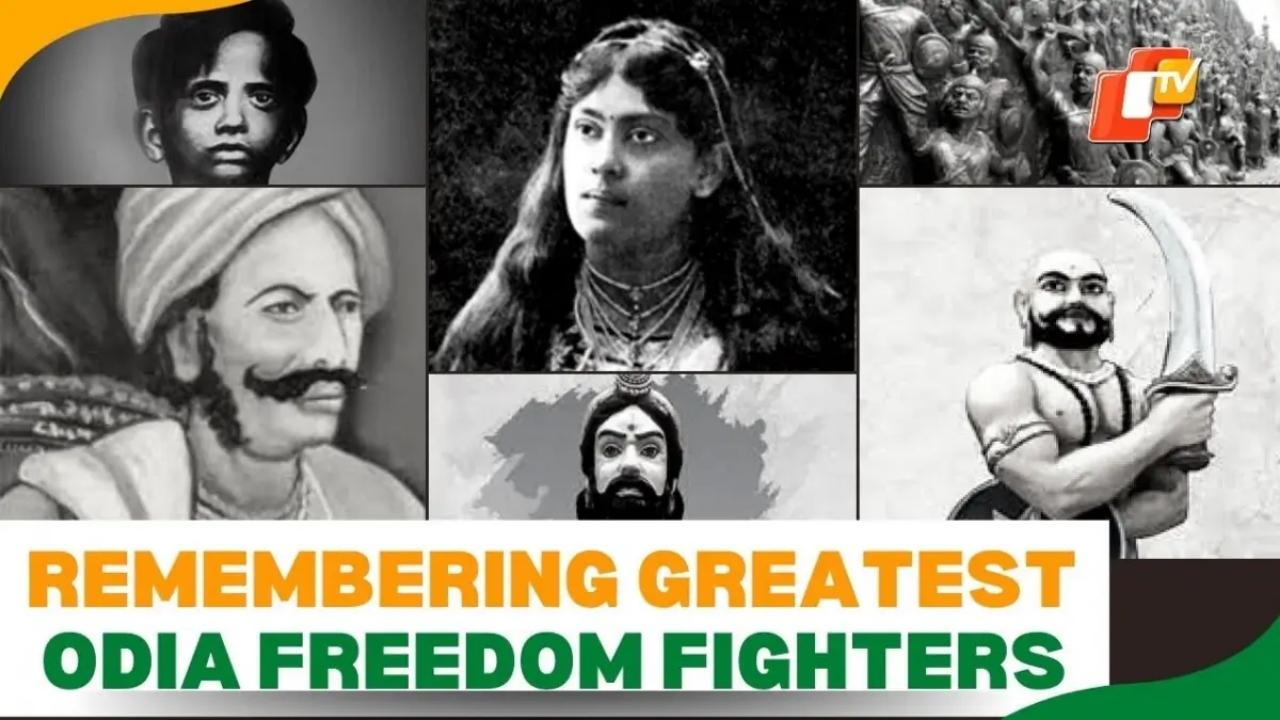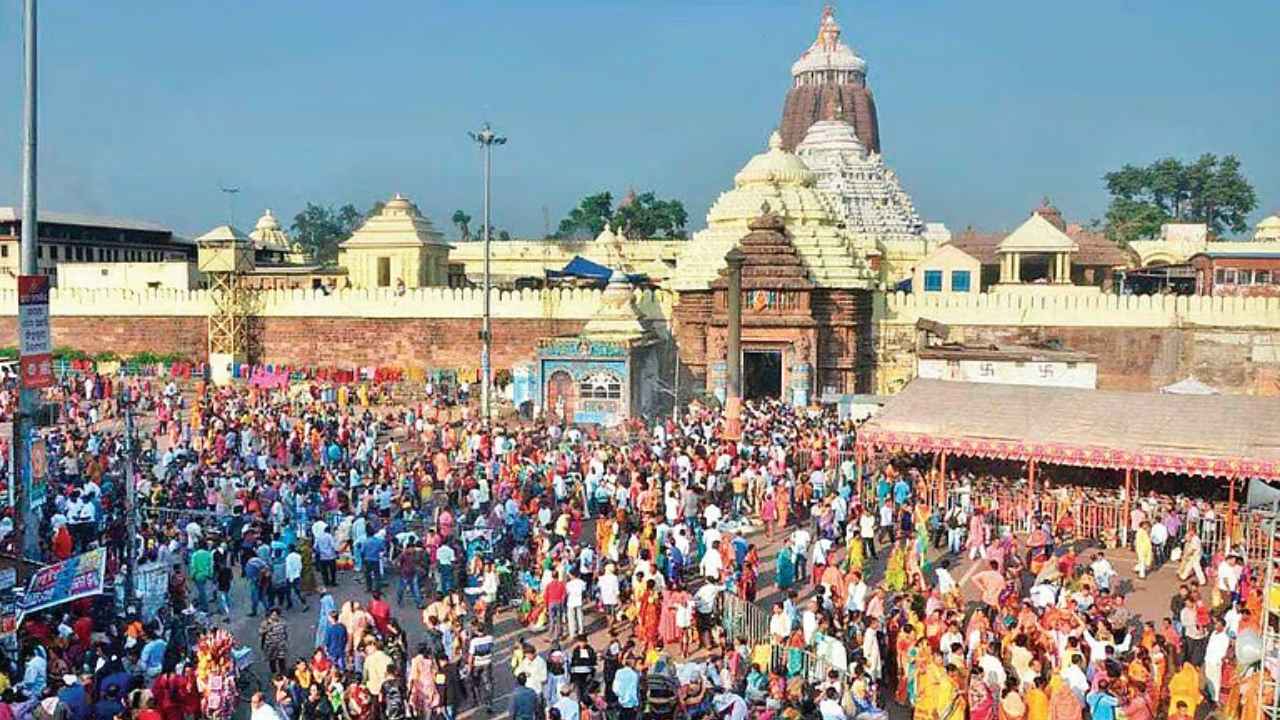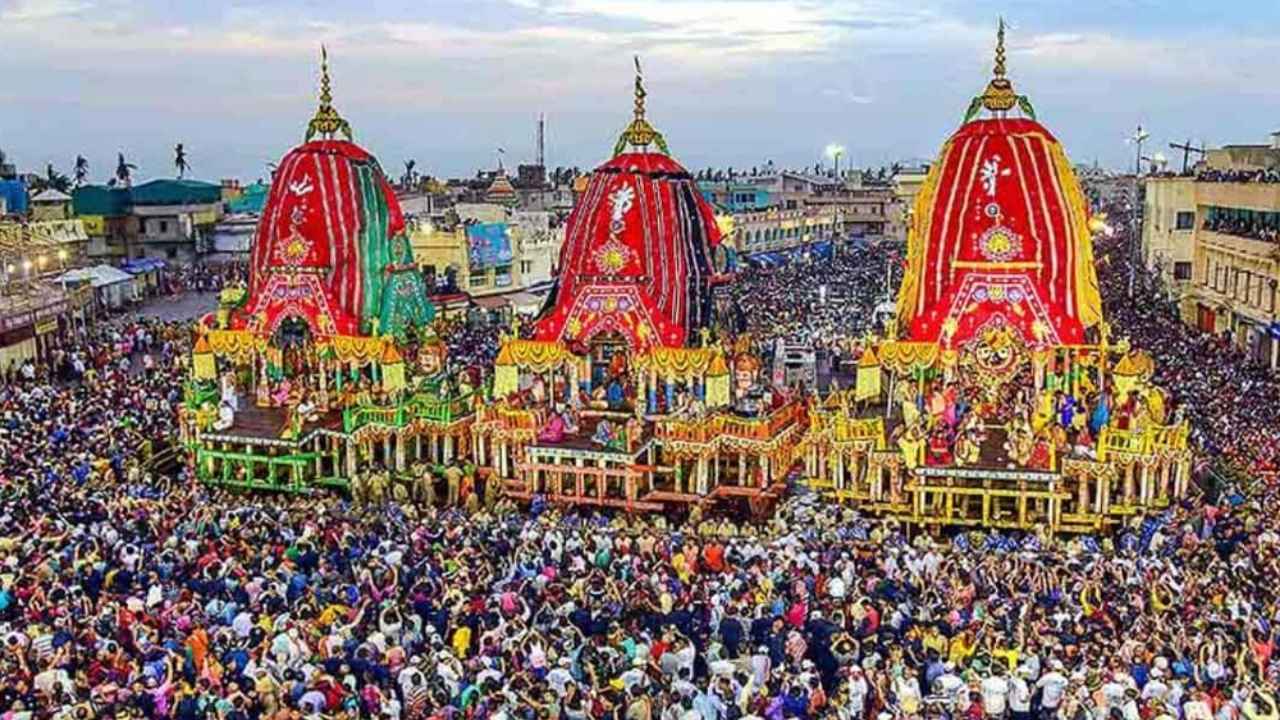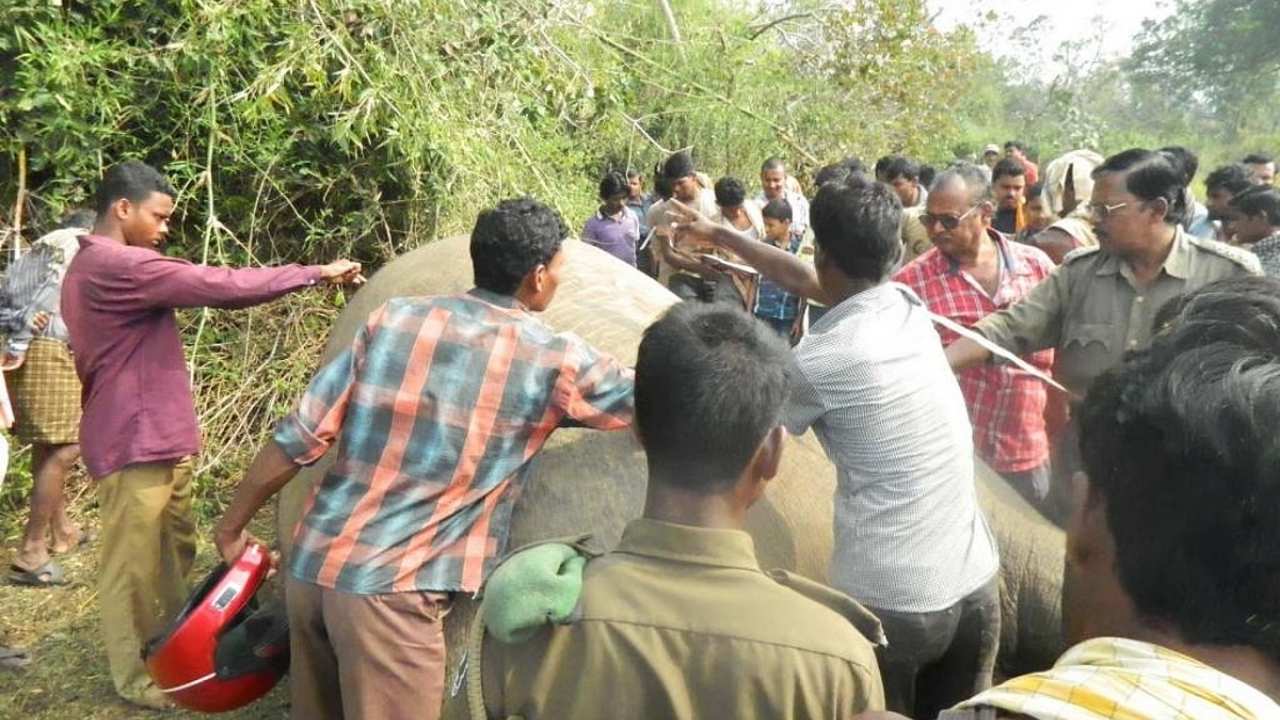Bhubaneswar, India – The Odisha government has officially declared August 9 as Kranti Diwas, or “Revolution Day,” a significant move to honor the state’s freedom fighters and commemorate their pivotal role in India’s independence movement. This designation aims to educate younger generations on the sacrifices made for national liberty. The announcement underscores the state’s commitment to preserving historical memory and celebrating its heroes.
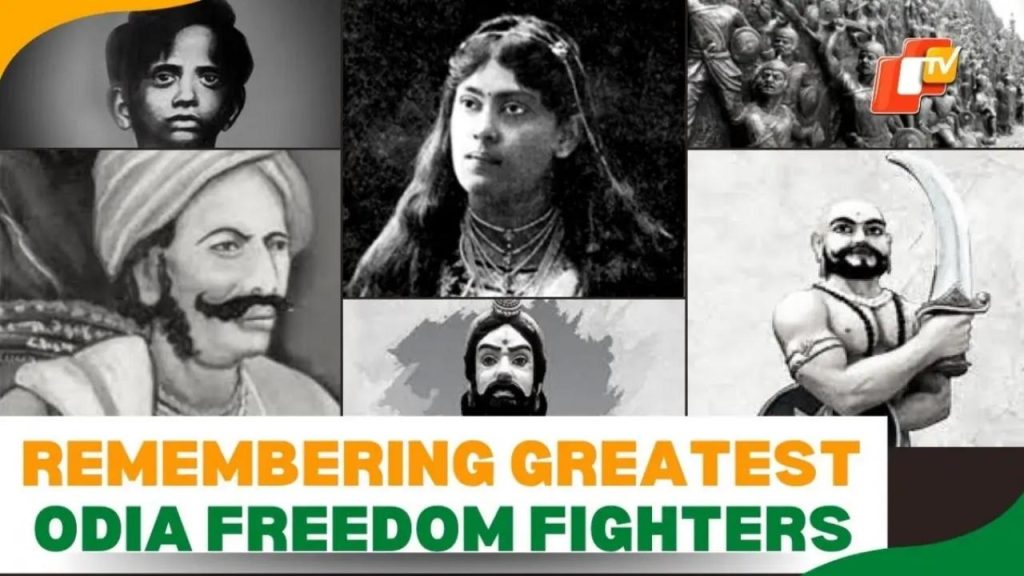
Odisha Government Marks August 9 as Kranti Diwas to Honour Freedom Fighters
The Odisha government recently announced that August 9 will be observed as Kranti Diwas across the state. This decision, formalized through an official notification, seeks to pay homage to the innumerable freedom fighters from Odisha who contributed to India’s struggle for independence from British colonial rule. The move is part of a broader initiative to instill a deeper sense of patriotism and historical awareness among the populace, particularly the youth.
The historical significance of August 9 stems from the Quit India Movement, a crucial turning point in India’s fight for independence. Launched by Mahatma Gandhi in 1942, the movement called for an immediate end to British rule and saw widespread civil disobedience across the subcontinent. Odisha, then known as Orissa, played a substantial role in this nationwide upheaval, with numerous local leaders and common citizens participating actively in protests, demonstrations, and acts of defiance against the colonial administration.
The Historical Context of the Quit India Movement in Odisha
The Quit India Movement resonated deeply within Odisha, a state with a rich history of resistance against foreign invaders. Local leaders such as Harekrushna Mahtab, Nabakrushna Choudhury, and Malati Choudhury mobilized large sections of the population, including farmers, students, and tribal communities. Their efforts led to significant agitations in regions like Koraput, Balasore, and Cuttack, often resulting in severe repression by British forces.
“The declaration of Kranti Diwas is a fitting tribute to those who laid down their lives and endured immense suffering for the cause of freedom,” stated Pratap Jena, Odisha’s Minister of Culture, in a recent press briefing. “It is essential for our future generations to understand the sacrifices and the unwavering spirit of our freedom fighters. This day will serve as a powerful reminder of their legacy.”
The government’s decision aligns with similar initiatives across various Indian states to commemorate significant historical events and figures from the freedom struggle. Such observances are critical in maintaining the collective memory of a nation’s past and reinforcing its foundational values.
Celebrating Odisha’s Freedom Struggle and its Heroes
Odisha’s contribution to the Indian independence movement is marked by several notable uprisings and acts of resistance that predated and continued through the Quit India Movement. The Paika Rebellion of 1817, for instance, led by Baxi Jagabandhu, is often cited as one of the earliest armed rebellions against British rule in India. This and other local movements laid the groundwork for the broader nationalist struggle.

The state’s tribal communities, in particular, played a crucial role, often resisting exploitation and oppressive policies imposed by the British. Their movements, though sometimes localized, contributed to the overall atmosphere of defiance that characterized the era. Recognizing their unique contributions is a key aspect of the Kranti Diwas observance.
Educational Initiatives and Public Awareness
To ensure the spirit of Kranti Diwas reaches every citizen, the Odisha government plans to integrate educational programs and public awareness campaigns. Schools and colleges across the state are expected to organize special events, debates, and exhibitions focusing on the lives and struggles of Odisha’s freedom fighters. Public forums and cultural programs will also be encouraged to foster a deeper understanding of the historical context.
“By observing August 9 as Kranti Diwas, we are not just marking a date; we are reaffirming our commitment to the ideals of liberty, justice, and self-reliance that our freedom fighters championed,” said Dr. Alok Mohanty, a historian specializing in modern Indian history at Utkal University. “It’s an opportunity to reflect on the values that shaped our nation.”
The government’s focus on Kranti Diwas also serves as a reminder of the sacrifices made by ordinary citizens, many of whom faced imprisonment, torture, and even death for their participation in the movement. Their stories, often overshadowed by those of national figures, will be brought to the forefront through various commemorative activities. This initiative, therefore, aims to provide a more comprehensive and inclusive narrative of the freedom struggle.
Odisha Sets the Stage for Digital Finance Growth with New Fintech Capability Hub
Odisha to Celebrate PM Modi’s 75th Birthday by Planting 75 Lakh Saplings
Lord Jagannath’s Image on Doormat Sparks Fury in Odisha, AliExpress Demands Apology
The Broader Impact and Future Outlook
The declaration of Kranti Diwas is expected to have a significant impact on cultural and educational spheres within Odisha. It is anticipated to boost local tourism centered around historical sites related to the freedom movement and encourage further research into lesser-known aspects of the state’s past.
The initiative also aligns with the national government’s “Azadi Ka Amrit Mahotsav” celebrations, commemorating 75 years of India’s independence. Such state-level observances complement the national narrative, providing regional depth and diversity to the story of India’s freedom.
This commemorative day is not merely a symbolic gesture but a deliberate effort to keep the flame of patriotism alive and to educate the younger generation about the struggles and sacrifices that led to India’s sovereignty. The Odisha government’s decision to mark August 9 as Kranti Diwas is a testament to the enduring legacy of its freedom fighters and a commitment to ensuring their stories are never forgotten. The ongoing efforts will include further documentation and public dissemination of historical accounts to enrich public understanding.

